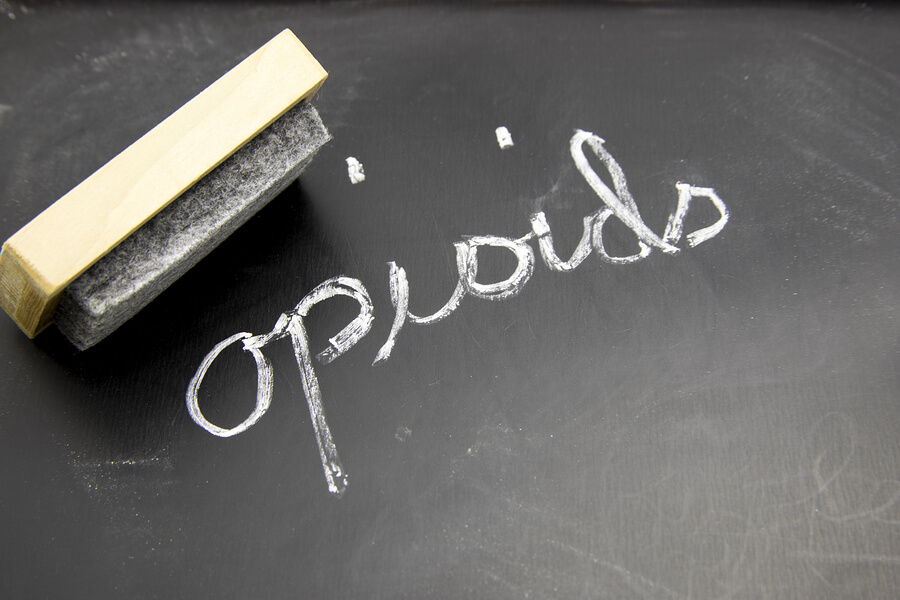December 27, 2017
Opioids are powerful drugs that contain opium or its derivatives and are used in medicine for the purpose of inducing sleep and relieving pain. Florida law regulates and criminalizes possession of certain narcotics and pharmaceutical drugs obtained without prescriptions, and the law generally refers to them as controlled substances.
Illegal drug possession is a serious crime in Florida, and a conviction can subject offenders to equally harsh penalties. If you were charged with possession of opioids in Florida, the St. Petersburg criminal defense attorneys at Khonsari Law Group can evaluate your case and explore your legal options.
Defining Drug Possession Under Florida Law
Florida law defines drug possession as holding an illegal substance for personal use. For police to charge you with drug possession in Florida, the prosecutor must prove the following elements beyond a reasonable doubt:
- That you had actual knowledge of the drug
- That the drug fits within the definition of a controlled substance under Florida law
- That you had some degree of control over the drug
So: First of all, you must have actual or constructive possession of the drug. Actual possession means that the substance is in your physical custody—such as in a clothing pocket. Constructive possession requires that you have knowledge of the drug and the immediate ability to physically control it.
In any case, you must know about the drug’s physical presence for the court to convict you. Therefore, if police found drugs in your car or during a home raid, and you did not know that drugs were present, then you committed no drug possession crime.
Florida Drug Schedules
Florida law divides drugs into five schedules or classifications. A drug’s classification depends upon the likelihood of abuse. In Florida, opioids are considered Schedule II drugs. Generally speaking, where the law is concerned, these drugs have a high potential for abuse, although they have some limited medical use (unlike Schedule I drugs) and include morphine and opium.
Potential Penalties
Possessing chemicals used to manufacture drugs, like methamphetamines, GHB, or ecstasy, can result in a second-degree felony charge, along with as many as 15 years of incarceration and fines of as much as $10,000. Possessing drugs like cocaine, methamphetamines, or other illegal drugs—including opioids or morphine derivatives—can result in a third-degree felony, punishable by as many as five years in prison and a fine of as much as $5,000. However, this does not apply to opioids or morphine derivatives obtained with a valid prescription.
If you have multiple drug convictions or other felony convictions on your record, you will likely face harsher penalties than those mentioned above.
Contact a St. Petersburg Criminal Defense Lawyer Today
If you were charged with opioid possession in Florida, you need a lawyer on your side who can safeguard all of your legal and constitutional rights throughout your criminal case. To schedule a free consultation and case evaluation with a St. Petersburg, Florida criminal defense lawyer, please call us at (727) 269-5300 or contact us online.


